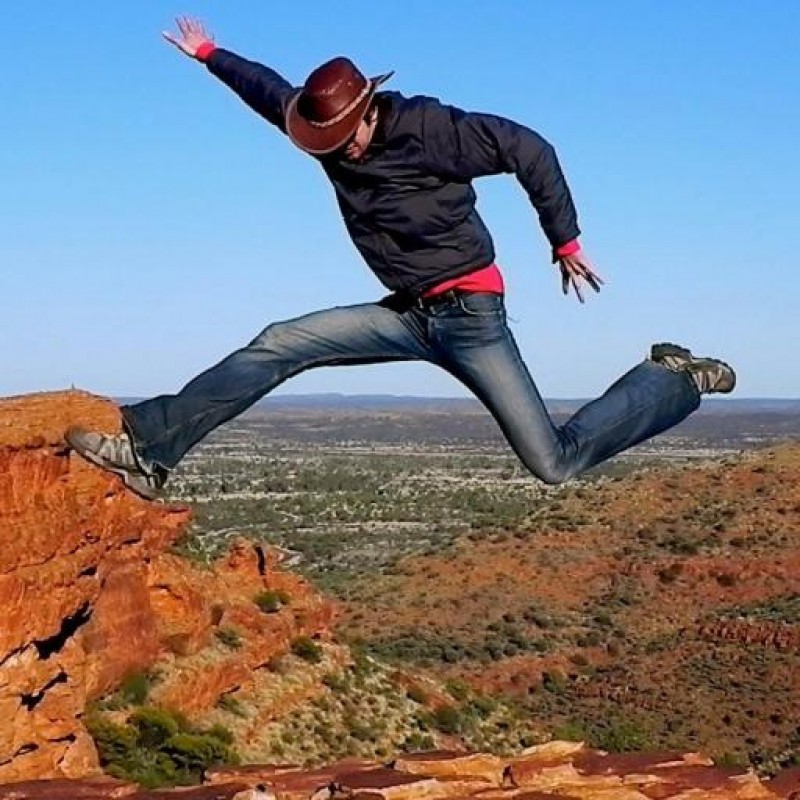Tracking people using computer vision
“The key for Cara is that they’re doing face detection, not recognition,” says Natalie Fronseca, co-founder and executive producer for the Privacy Identity Innovation tech conference, who is very familiar with Cara. “Jason does privacy by design, and that will help him avoid the adverse consequences that often come with data collection.”
It’s only a small step from going from face detection to recognition, and by classifying faces by characteristics (gender, wears glasses, colour, etc.) you can even use detection data to recognise/track individuals.
Inevitably, we will move towards a world where public cameras not only watch us, but software systems actively analyze what we’re doing and what we look like — and actively share this information with businesses and other citizens.
The problem comes when you share this information with businesses and when you don’t have control anymore over who’s tracking you. Since it’s someone else watching you, you don’t have that information by definition.
Compare that to self-trackers such as Fitbits, Google Latitude and similar. You provide the data, rather than someone watching you and inferring things from that.
